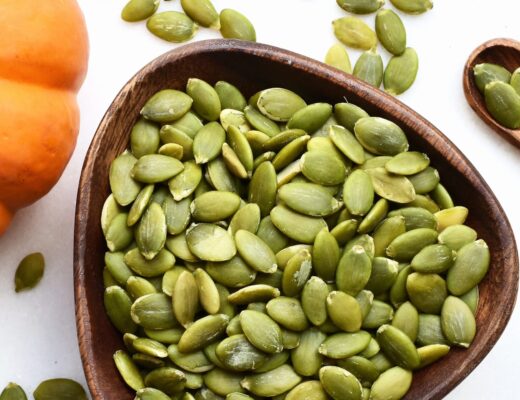You need a healthy gut to live a healthy life.
A healthy gut is rich in beneficial bacteria and protective microorganisms.
Historically, people in regions of Russia and Bulgaria ate lots of fermented foods. These foods are rich in probiotics (beneficial bacteria). Scientists observed that people living in these regions lived long and healthy lives compared to other cultures.
As a result of our modern day lifestyle, many people have dysbiosis, which is an imbalance of microorganisms in the gut.
Recent studies show that stress, antibiotics, and poor nutrition may cause dysbiosis.
Think sauerkraut, kefir, spicy kimchi and kombucha.
An unhealthy gut can lead to many health issues. For example,
- fatigue
- weight gain
- allergies
- gas/bloating
- food cravings
- skin problems
- chronic pain
Here’s what I recommend to my patients to help them achieve a healthy gut:
Step One – probiotics
Keep in mind that not all probiotics are created equal.
A variety of probiotic strains are necessary to increase diversity in the gut. Certainly, potency also matters.
Bacterial diversity is key because different strains have different jobs in the body.
50 billion CFU per day is considered a healthy dose. But some people opt for lower or higher doses. The dose depends on individual needs and health goals.
Step Two – aim for a total of 25-40 grams of fiber per day
Doctors have been recommending fiber for years.
Firstly, fiber helps with bowel regularity.
Fiber is particularly important for women who have excess estrogen (women need 25 grams of fiber per day, while men need 38 grams).
Secondly, when fiber is fermented in the colon, short chain fatty acids (SCFAs) are produced. Examples of SCFAs are acetate, propionate, and butyrate. These act as fuel for colon cells.
Short chain fatty acids play a role in carbohydrate and fat metabolism.
Prebiotic-rich foods include:
- artichokes
- garlic
- onions
- leeks
- asparagus
- bananas
- apples
- apricots
- legumes
Step Three – exercise daily for 30 minutes to maintain a healthy gut
Exercise is good for gut health. For instance, it increases the number of butyrate producing bacteria. It can help with constipation and it may also lower gut inflammation.
We don’t fully understand how exercise affects the gut. That being said, we know that bacteria in the gut of obese individuals is different when compared to non-obese individuals.
One research study compared athletes to healthy controls. Results showed that athletes had greater gut diversity. In other words, athletes have more good gut bacteria than others.
In short, take good care of your gut. You only have one.
https://www.nature.com/articles/srep19032
https://www.ncbi.nlm.nih.gov/pubmed/23821742







No Comments